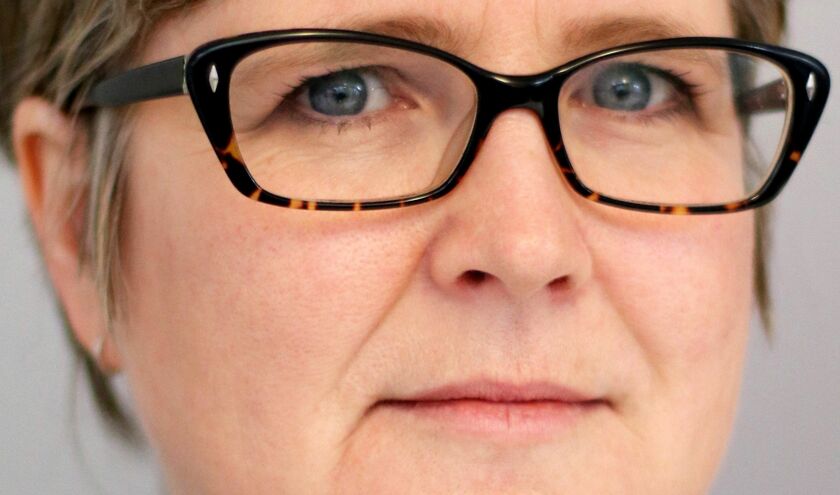A report by NHS Providers says failing to support the mental health sector to address systemic challenges it faces – including steep growth in and the changing nature of demand, and the availability and consistency of high-quality care - risks reinforcing its longstanding ‘secondary status' compared to physical health services, with serious knock-on effects for the rest of the health and care system.
Saffron Cordery, deputy chief executive, NHS Providers, said: ‘It's high time that mental health was the national priority it needs to be.
‘We need to see clear political will and commitment to supporting mental health trusts and their partners to tackle head-on the deep-rooted challenges facing the mental health sector. We hope very much that mental health will feature strongly in the government's 10-Year Health Plan.'
The report sets out an action plan for the mental health sector, Government and national NHS leaders to collectively provide ‘values driven, patient centred and staff enabled' mental health care.
The plan is designed to support the three shifts ministers want to make in health - moving more care from hospitals to communities, making better use of technology and preventing rather than treating sickness and aid the Government's broader ambitions to get more people back to work and grow the economy.
The collective actions include: rolling out broader mental health waiting time and access standards; addressing variation in the availability and consistency of community-based mental health care and support, including the support provided by mental health social care services; and developing and implementing evidence-based care models and pathways for key areas - such as neurodiversity and mental health urgent and emergency care - to provide the right care, in the right place at the right time.
Trust leaders say services should be: values driven, establishing ‘parity of esteem' within national policy; patient centred, including a better focus on improving care models and meeting local needs; and must cultivate a well-looked after, empowered and multi-skilled workforce to maximise mental health services' capacity and sustain service improvements.
A Department of Health and Social Care spokesperson said: ‘This Government inherited a broken mental health system, with patients not getting the high-quality care and treatment they deserve.
‘Backed by an extra £688m, we are transforming mental health services, giving mental health the same focus as physical health. This includes investing £26m to support people in mental health crisis, hire more staff, deliver more talking therapies and get waiting lists down through our Plan for Change.
‘We're also piloting six 24/7 mental health centres that integrate community, crisis and inpatient services under one roof, shifting care from hospitals into communities where people can receive support closer to home.'



